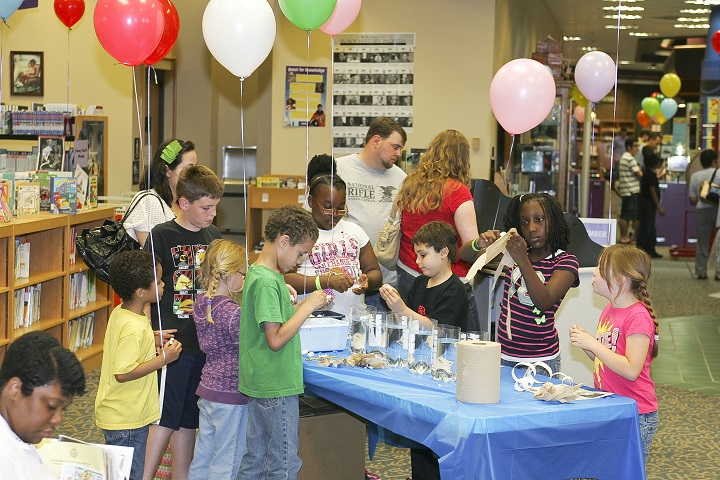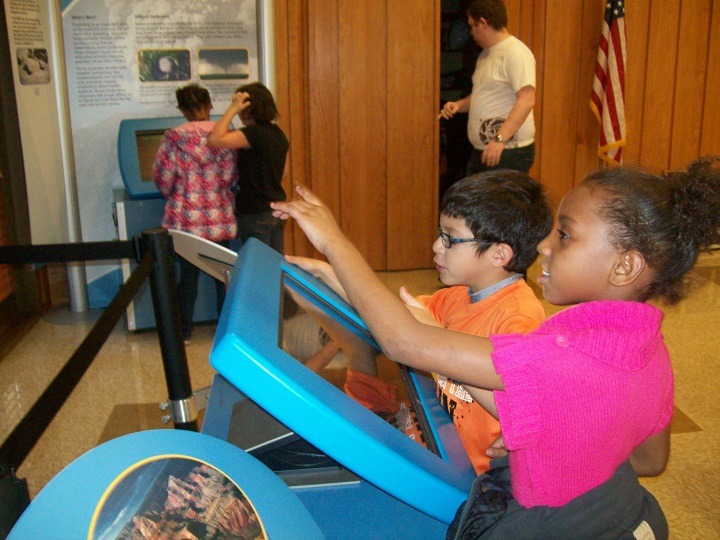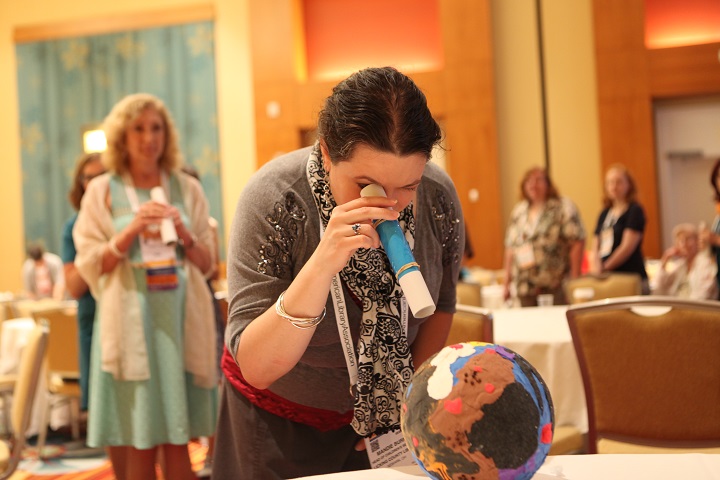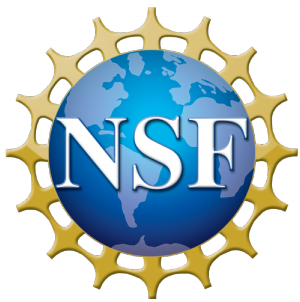For decades, public libraries have been evolving to become venues for informal science, technology, engineering, and math (STEM) education, hosting programs and exhibits that inspire children and adults alike, and supporting them in their lifelong learning. Libraries serve diverse populations of all ages and backgrounds, and can be found in nearly every community across the United States. This page provides a brief overview of resources on InformalScience.org that describe and support the intersection between libraries and STEM learning, as well as links to other relevant resources and communities.
Examples of Funded Projects
These are some abstracts of projects funded by agencies such as the National Science Foundation (NSF) and the Institute of Museum and Library Services (IMLS). To learn more about funding opportunities and deadlines, visit the Funding and Calendar pages.
- Discovering the Natural World through Poetry in Libraries and Natural History Museums
- Learning Labs in Libraries and Museums
- Pushing the Limits
- STAR Library Education Network (STAR_Net)

Key Resources
The following papers explore the role of public libraries in the STEM learning ecosystem.
- Community Dialogues- A Guide for Public Libraries
- A Bibliography of Key Papers and Reports Related to STEM Learning in Libraries
- “Collective Impact” and STEM Learning: Joining Forces to Make a Difference in Communities
- Engaging Audiences Underrepresented in STEM Fields
- Expect More: Why Libraries Cannot Become STEM Educators
- Implementing Effective STEM Programming in Public Libraries
- Learning Labs in Libraries and Museums: Case Studies in Collaboration
- Maker Lab – Making to Learn: What the Chicago Public Library and Its Patrons are Learning as New Members of the Maker Movement
- The Public Library as a Community Hub for Connected Learning
- The Science Learning Ecosystem
- STEM Equity in Informal Learning Settings: The Role of Public Libraries
- STEM Learning in Public Libraries: new perspectives on collaboration from a national conference
- STEM in Public Libraries: National Survey Results
- Talking Points: Libraries and STEM (Science, Technology, Engineering, Math)

Evaluation
You can learn more using the Design Evaluation tab on InformalScience.org, visit the STAR Library Education Network’s evaluation page, or see evaluation in action by browsing the following evaluation reports from library projects.
- Exploratory Study Findings: Poetry & Science in Natural History Museums and Libraries
- Language of Conservation: Summative Report of Poetry in Zoos
- Leap Into Science: Year 3 Evaluation Report
- Pushing the Limits: Front-End Report, Second Formative Evaluation, and Summative Evaluation
- STAR_Net Summative Evaluation Report
- Summative Evaluation: Children’s Library and Discovery Center at Queens Central Library

Professional Associations, Networks, & Communities of Practice
Connect with the following organizations and communities of practice in order to deepen your expertise, learn from colleagues in the field, and build your professional network.
- American Library Association (ALA)
- Association for Library Service to Children (ALSC)
- Association of Rural and Small Libraries (ARSL)
- Chief Officers of State Library Agencies
- Collaborative Summer Learning Program
- Public Library Association (PLA)
- STAR Library Education Network (STAR_Net)
- Web Junction
- Young Adult Library Services Association (YALSA)
- YouMedia Community of Practice
See Also
- Blog Post – Connecting with STEM in Public Libraries!
- Blog Post – Libraries as an Environment for Informal STEM Learning
- Knowledge Base article – Public Libraries Provide Opportunities for STEM Learning
- Knowledge Base article – Making and Tinkering Programs
Photo Credits: Discover Tech Exhibit – Hunstville, AL. Credit: NCIL/SSI, Discover Earth Exhibit – Diboll, TX. Credit: NCIL/SSI, STEM Activity at the ALA Conference. Credit: NCIL/SSI.

